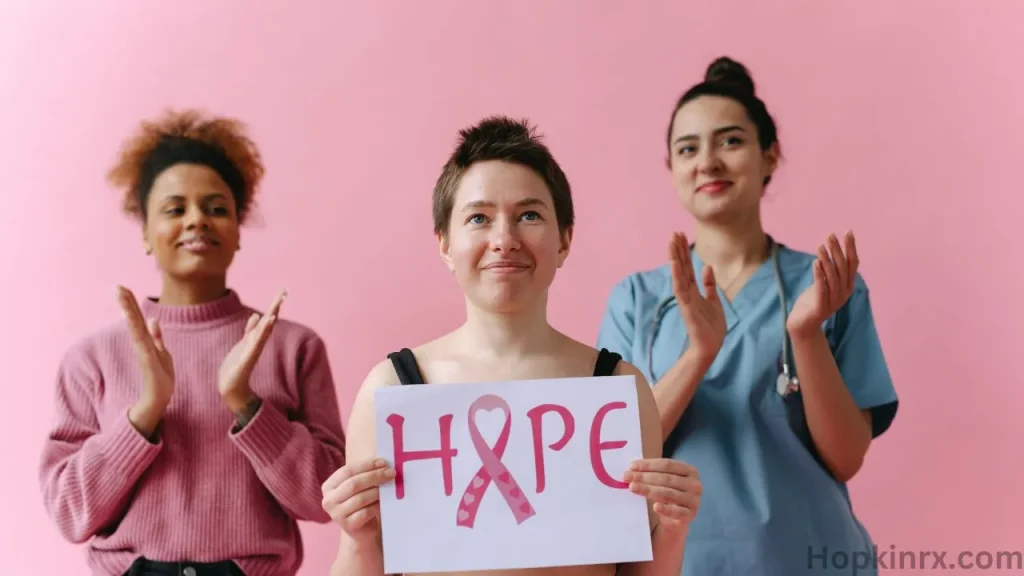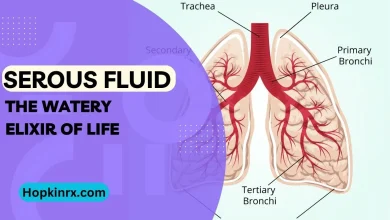Colorectal Cancer: Important Types, Risk Factors, Treatment, And Prevention

Colorectal Cancer: Important Types, Risk Factors, Treatment, And Prevention
Introduction
Colorectal cancer is a significant health concern worldwide. In this article, we will explore the basics of colorectal cancer, including its definition, risk factors, symptoms, diagnosis, and treatment options. Additionally, we will highlight the importance of prevention, lifestyle changes, and promising research in the field of colorectal cancer.
What is Colorectal Cancer?
Colorectal cancer, also known as bowel cancer, colon cancer, or rectal cancer, is a type of cancer that affects the colon or rectum. The colon and rectum are both part of the large intestine and when cancer develops in these areas, it is referred to as colorectal cancer.

Types of Colorectal Cancer
Adenocarcinomas
Adenocarcinomas are the most common type of colorectal cancer, accounting for approximately 95% of cases. These cancers develop in the cells that produce mucus in the lining of the colon and rectum.
Carcinoid Tumors
Carcinoid tumors are a rare type of colorectal cancer that develops in the hormone-producing cells of the intestine.
Gastrointestinal Stromal Tumors (GISTs)
GISTs are rare tumors that can occur in the colon and rectum. They originate from specialized cells in the wall of the gastrointestinal tract.
Lymphomas
Colorectal lymphomas are a rare type of cancer that develops in the lymphatic tissue of the colon or rectum.
Sarcomas
Sarcomas are rare cancers that can develop in the connective tissues of the colon or rectum.
Risk Factors for Colorectal Cancer

Colorectal cancer risk can be influenced by various factors:
Age and Gender
The risk of developing colorectal cancer increases with age, and it is more common in men than women.
Family History
Individuals with a family history of colorectal cancer are at a higher risk of developing the disease themselves.
Personal Medical History
Having a history of polyps, inflammatory bowel disease (IBD), or other related conditions can increase the risk of colorectal cancer.
Lifestyle Factors
Unhealthy lifestyle habits such as a diet high in processed foods, red meat, and low in fiber, as well as sedentary behavior, can contribute to a higher risk of colorectal cancer.
Inflammatory Bowel Disease (IBD)
Chronic conditions like ulcerative colitis and Crohn’s disease can increase the risk of colorectal cancer.
Symptoms and Early Detection
Common Symptoms
Common symptoms of colorectal cancer may include changes in bowel habits, rectal bleeding, abdominal pain, unexplained weight loss, and fatigue.
Importance of Early Detection
Early detection of colorectal cancer is crucial for successful treatment and improved outcomes.
Screening Tests
Various screening tests, including colonoscopy, fecal occult blood tests, and stool DNA tests, can help detect colorectal cancer in its early stages.
Diagnosing Colorectal Cancer

Physical Examination and History
A physical examination and thorough medical history are essential in the diagnosis of colorectal cancer.
Colonoscopy and Sigmoidoscopy
Colonoscopy and sigmoidoscopy are procedures that allow doctors to visualize the colon and rectum and identify any abnormalities.
Biopsy and Pathology
A biopsy is performed to obtain a tissue sample for examination under a microscope to confirm the presence of cancer.
Imaging Tests
Imaging tests, such as CT scans and MRI, help determine the extent of cancer spread.
Staging and Treatment Options

Stages of Colorectal Cancer
Colorectal cancer is staged to determine the extent of its spread and help guide treatment decisions.
Surgery
Surgery is the primary treatment for early-stage colorectal cancer, where the tumor is removed.
Chemotherapy
Chemotherapy involves using drugs to kill cancer cells or stop their growth and is often used before or after surgery.
Radiation Therapy
Radiation therapy uses high-energy rays to target and destroy cancer cells.
Targeted Therapy
Targeted therapy drugs target specific genes or proteins in cancer cells, disrupting their growth and spread.
Immunotherapy
Immunotherapy helps the body’s immune system recognize and attack cancer cells.
Living with Colorectal Cancer
Coping with Diagnosis
Being diagnosed with colorectal cancer can be overwhelming, and individuals may need emotional support.
Managing Treatment Side Effects
Treatment side effects can be managed with the help of healthcare providers.
Emotional Support
Seeking emotional support from loved ones, support groups, or counselors can be beneficial during the treatment journey.
Nutritional Considerations
Maintaining a balanced and nutritious diet is essential for overall health and well-being during cancer treatment.
Prevention and Lifestyle Changes
Healthy Diet and Physical Activity
A diet rich in fruits, vegetables, and whole grains, along with regular physical activity, can reduce the risk of colorectal cancer.
Top 11 Healthy Iron-Rich Foods
Limiting Alcohol and Tobacco Use
Avoiding excessive alcohol consumption and tobacco use is essential for lowering the risk of colorectal cancer.
Regular Screening
Regular screening for colorectal cancer is recommended for early detection and improved outcomes.
Understanding Genetic Risk
Individuals with a family history of colorectal cancer should consider genetic testing to understand their risk better.
Also, Know More About
Blood Cancer: 5 Types of Blood Cancer, Stages and Adequate Information
Promising Research and Clinical Trials
Advances in Treatment
Ongoing research and clinical trials continue to explore innovative treatments for colorectal cancer.
Immunotherapy and Personalized Medicine
Immunotherapy and personalized medicine offer new hope for targeted and individualized cancer treatment.
Colorectal Cancer in Young Adults
Rise in Young-Onset Cases
The incidence of colorectal cancer in young adults has been increasing, warranting attention and early detection.
Challenges in Diagnosis and Treatment
Diagnosing and treating colorectal cancer in young adults present unique challenges due to its rarity in this age group.
Support for Caregivers and Loved Ones
Role of Caregivers
Caregivers play a crucial role in supporting individuals with colorectal cancer during their treatment journey.
Supportive Services and Resources
Numerous supportive services and resources are available to assist both patients and caregivers.
Advocacy and Awareness
Colon Cancer Awareness Month
Colon Cancer Awareness Month raises awareness about colorectal cancer and encourages early detection.
The Importance of Spreading Awareness
Raising awareness about colorectal cancer can save lives and promote preventive measures.
Conclusion
Colorectal cancer is a serious health issue that affects thousands of individuals each year. Early detection, preventive measures, and advancements in treatment offer hope in the fight against this disease. By spreading awareness and encouraging healthy lifestyle choices, we can work towards reducing the impact of colorectal cancer on individuals and communities.
Colorectal Cancer: Important Types, Risk Factors, Treatment, And Prevention (FAQs)
What is the recommended age to start colorectal cancer screening?
Screening is typically recommended to begin at age 50 for individuals at average risk. However, those with a family history or other risk factors may need to start screening earlier.
Is colorectal cancer hereditary?
While most cases of colorectal cancer are not directly inherited, having a family history of the disease can increase an individual’s risk.
Can lifestyle changes reduce the risk of colorectal cancer?
Yes, adopting a healthy lifestyle, including a balanced diet and regular exercise, can lower the risk of colorectal cancer.
Are there alternative treatments for colorectal cancer?
Some individuals may explore complementary therapies, but it is essential to discuss these options with healthcare professionals.
How can I support a loved one with colorectal cancer?
Providing emotional support, attending appointments together, and assisting with daily tasks can be valuable ways to support a loved one during their cancer journey.



